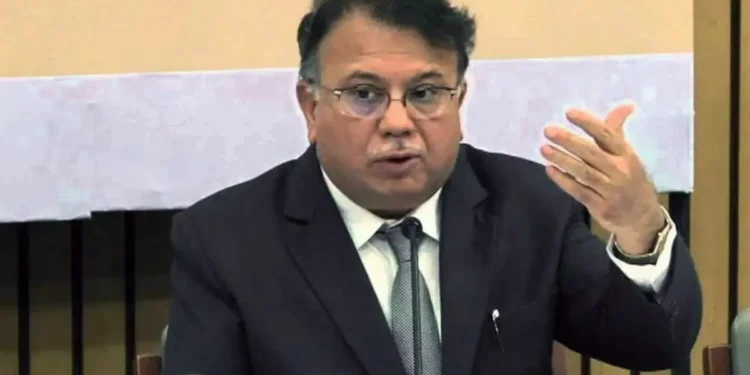In a democracy, people need access to information to make informed decisions. Article 19(1)(a) of the Indian Constitution guarantees freedom of speech and expression. This also includes the right to seek and share information. Over the years, the Supreme Court has upheld this principle in various cases, such as Indian Express Newspapers v. Union of India (1985) and Cricket Association of Bengal (1995), stressing that both press freedom and access to information are key to democracy.
However, concerns have emerged over the Digital Personal Data Protection (DPDP) Act, 2023, especially Section 44(3). This provision makes it easier for authorities to deny access to certain types of information, which could weaken the Right to Information (RTI) Act. It may affect not just journalists, but also whistle-blowers, activists, and ordinary citizens.
For example, in the 2019 case involving Subhash Chandra Agarwal, the Supreme Court ruled that even the Chief Justice’s office is within the scope of the RTI Act. Similarly, in a 2013 judgment, the court stated that officials could withhold personal information only if it served no public interest. These rulings highlight the importance of transparency.
Former Chief Justice of Delhi High Court, A.P. Shah, recently raised his voice against Section 44(3). In a letter to government officials, he urged them to remove the provision, stating that it harms transparency and public accountability. Justice Shah played a key role in shaping India’s privacy framework and has consistently supported both privacy and the public’s right to know.
A Delicate Balance Between Privacy and Transparency
The tension between privacy and access to information isn’t new, but it has become sharper with the DPDP Act. Section 44(3) changes how the RTI Act works by modifying Section 8(1)(j). It allows the government to withhold more information under the label of “personal data,” even if that data relates to public servants or matters of public interest.
Justice Shah argues that privacy shouldn’t become an excuse to hide information, especially in a country where citizens need more tools—not fewer—to question those in power. While the Supreme Court recognized privacy as a fundamental right in the 2017 Puttaswamy case, Shah and others argue that the law must also protect citizens’ ability to access relevant public information.
Arguments in Favour of Section 44(3)
- Stronger Data Protection: The amendment helps protect personal data in today’s digital world and aligns with global privacy standards like the GDPR in Europe.
- Prevents Data Misuse: It protects people from unnecessary exposure of private details like health or financial records that could be misused.
- Supports National Data Goals: By securing personal data, India moves closer to controlling and protecting its own data as a national resource.
Concerns About Section 44(3)
- Weaker RTI Act: The RTI law has helped expose corruption and inefficiencies in the government. The new rule may prevent people from accessing critical information about public officials, including misuse of office or poor performance.
- Barrier to Journalism: Reporters often use RTI to uncover wrongdoing in public institutions. Blocking access to information in the name of privacy limits media freedom and public accountability.
- Unclear Definitions: The law fails to clearly define what counts as “personal data,” which allows officials to hide even information about official travel or government spending.
- Public Interest Ignored: The original RTI law allowed authorities to share information if it served the public good. The new change removes that safeguard and gives officials more power to withhold information.
A Call for Rethinking
Many believe that privacy and transparency should not be seen as opposites. Both are essential for a healthy democracy. India needs to find a middle ground that protects personal data without weakening the citizens’ right to know. Justice Shah and other experts argue that Section 44(3) should be withdrawn or revised to restore this balance.
In short, while protecting personal data is important, it should not come at the cost of hiding information from the public. The government must ensure that laws support both transparency and privacy—two pillars that uphold trust, freedom, and accountability in a democratic society.
Also Read: Rajya Sabha Wants Clear Meaning of ‘Traffic Data’ in New Telecom Cybersecurity Rules










